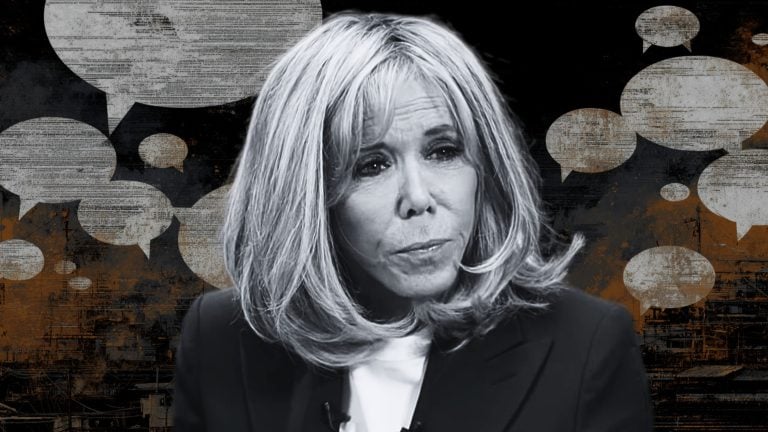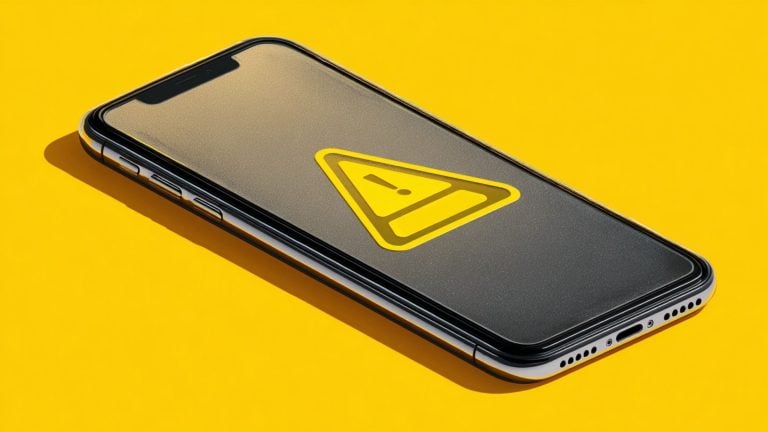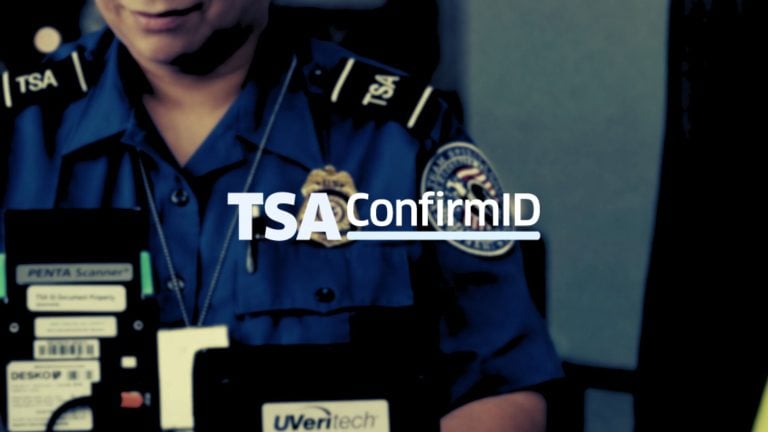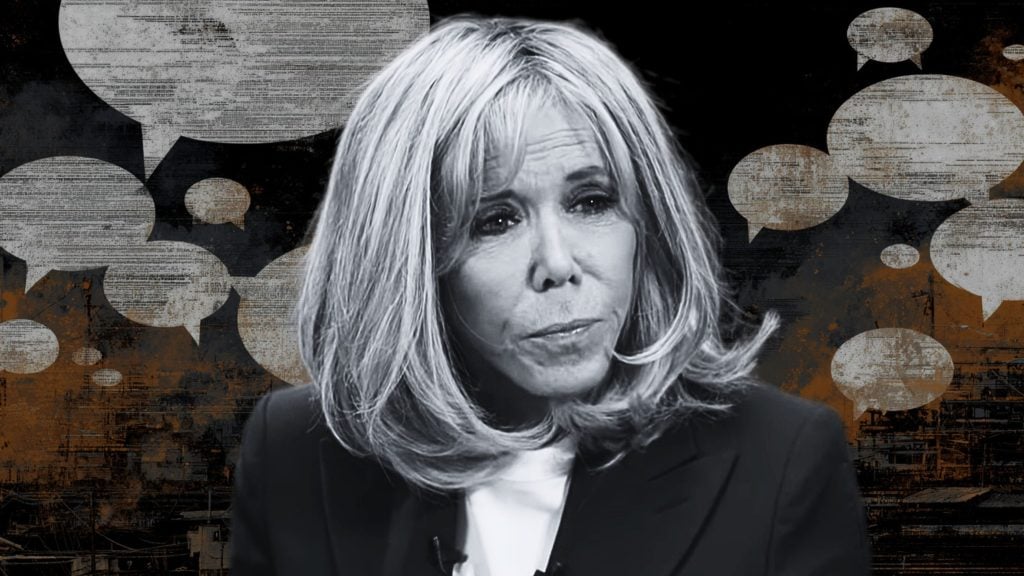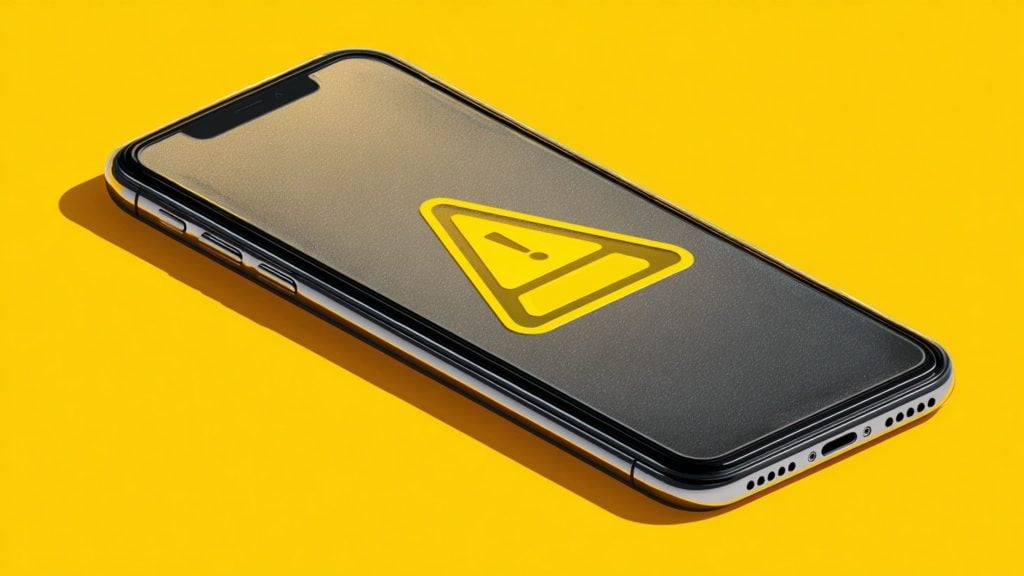Facebook now broadens the scope of its “Oversight Board” – which is more or less the Big Tech platform’s equivalent to a Supreme Court.
Until now, users could reach out to the Oversight Board to restore posts that were taken down by the site’s moderators.
But with the latest update and expansion of the Oversight Board’s capabilities, users can now appeal against posts that were once reviewed and allowed to remain on the platform by Facebook moderators.
The Oversight Board currently comprises 20 individuals and is set to expand to 40 in the near future. Some of the noteworthy individuals on the Oversight Board include a former prime minister of Denmark and a former Guardian editor. Other members of the board are from the law, academia, and media backgrounds. They will all be tasked with hearing the appeals on both Instagram and Facebook posts.
On a corporate level, the Oversight Board is independent and only looks after appeals that have already gone through the review process on either Facebook or Instagram.
The board, in a statement released today, said, “So far, users have been able to appeal content to the board which they think should be restored to Facebook or Instagram. Now, users can also appeal content to the board which they think should be removed from Facebook or Instagram. The board will use its independent judgment to decide what to leave up and what to take down. Our decisions will be binding on Facebook.”
While appealing posts that were already taken down maybe a simpler job, what the Board is now tasked with may be highly complicated. Because users now have the choice to go on a reporting streak against posts that they object to.
What’s more, individuals who go through the Oversight Board can opt to have their private information or identity anonymous. “To protect the privacy of those appealing to the board, we will only include details in our decisions that could easily identify the person who reported the content if they have given permission for us to do so.”
So far, the Oversight Board has resolved seven cases involving “misinformation,” “hate speech”, and nudity. It is yet to rule on the case about banning former US President Donald Trump from the platform.


